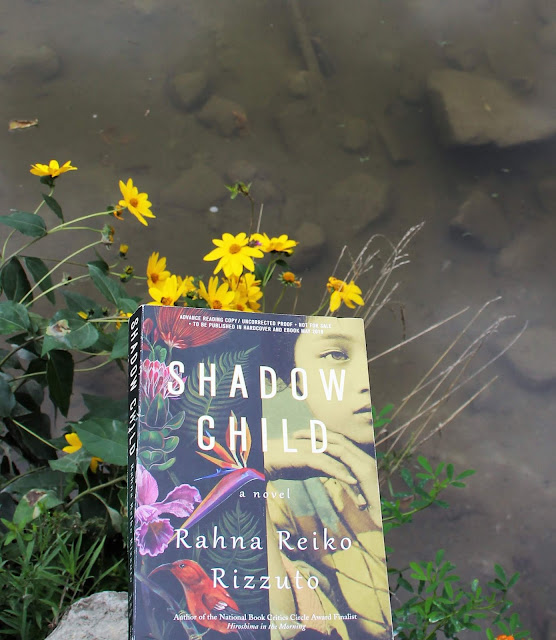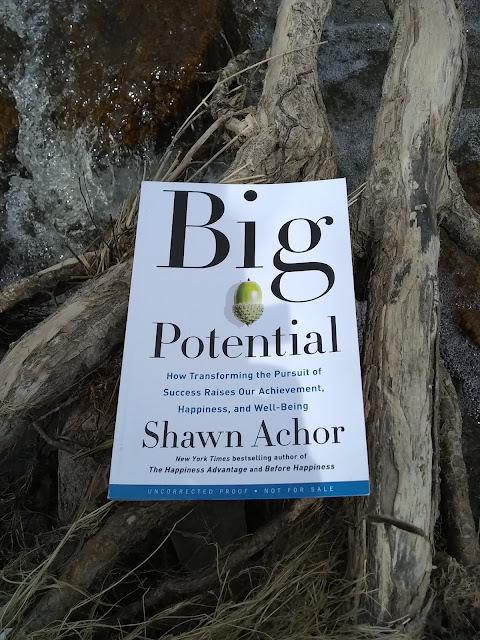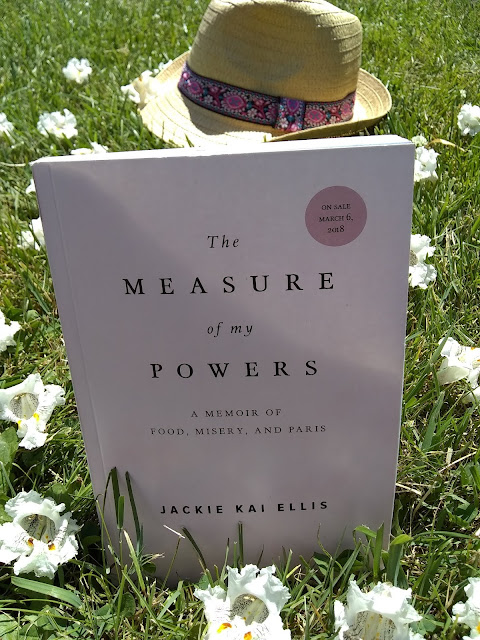Shadow Child by Rahna Reiko Rizzuto is an intriguing story of troubled Japanese Hawaiian twin sisters who share one nickname, Koko.
Their fascinating heartbreaking stories go back and forth from Hawaii to New York, to their mother Lilian's life in Japan.
Hana & Kei are both melancholy, complicated girls. Theirs is a sisterhood based on competition for their mother's approval, and misunderstandings from incidents throughout their childhood.
Lilian's story is full of drama, turmoil and torture. I rooted for her to return to the US, but then she isolated herself and was bedridden in Hawaii due to her Hiroshima experience.
Something of interesting note for me was how Hana painted her mom's bomb attack, then also used it to paint Kei's attacker.
I liked author Rizzuto's description of path takers vs grass walkers. "I kept my eyes on my classmates: the snakes of kids who slipped obediently along the walkways; the odd ones who struck out on their own. I was a path taker, and it seemed like most of the other kids were too, even though the ones who set off across the grass got where they were going faster." This is a great way of explaining the different rule follower or rebel personalities.
The not surprising, long overdue ending brings all the years of suffering to a close.
I received Shadow Child in a GoodReads giveaway.
Kara













